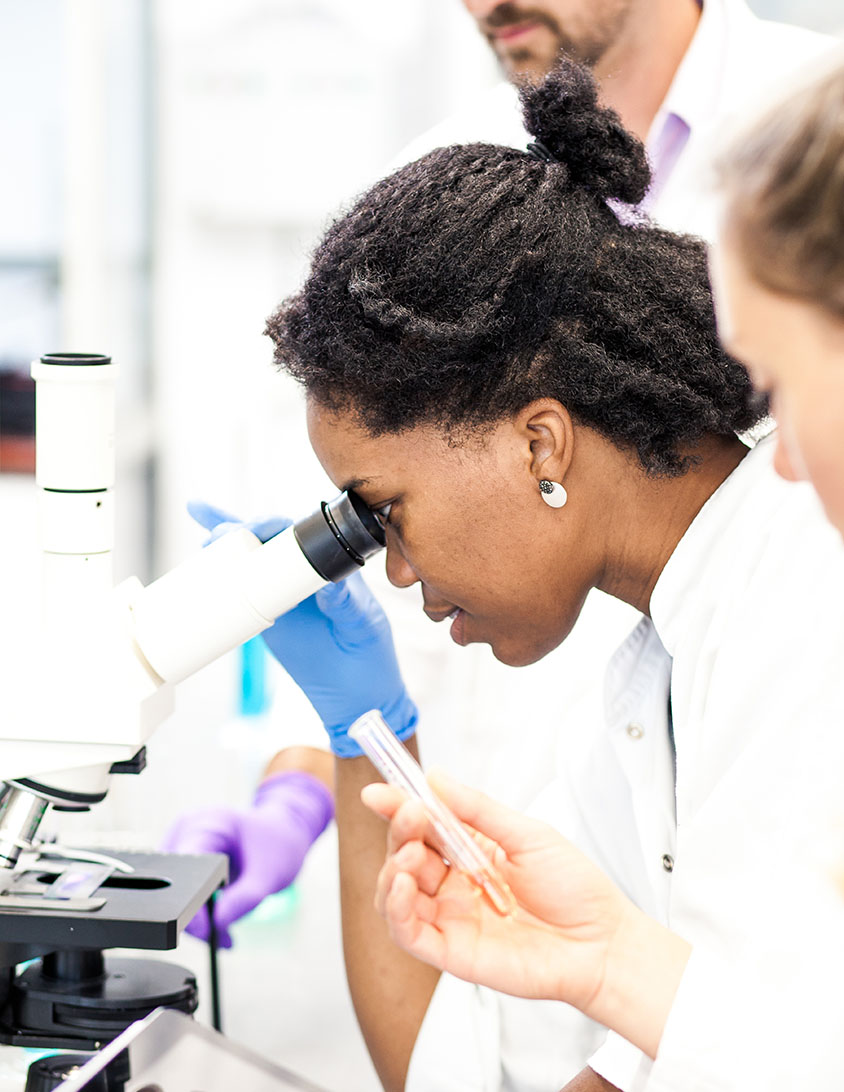Congenital Myopathies
Medical Management
Some myopathies, especially when they’re present from birth, have life-threatening complications. But, with time and physical therapy, some people born with myopathies can gain muscle strength. Others often can manage their symptoms through medication, lifestyle modifications, or use of orthopedic and respiratory equipment.
Myopathies aren’t caused by overexertion. However, exercise can aggravate some of the myopathies, because of mutations that change the way muscles respond to activity.
Central core disease
Unlike the case for other myopathies, people with this disease can benefit from exercise. Someone with a severe form of central core disease might need a walker or other support devices for mobility, but many people require none.
Scoliosis and other skeletal problems can usually be corrected by use of orthopedic devices or by surgery. Your doctor or MDA Care Center physician can tell you more about the risks of surgery, and about anesthetic drugs that are safe.
Before having surgery, people who have a personal or family history of central core disease — or any other myopathy — should consult their doctors about the risks of anesthesia and about the availability of “nontriggering” anesthetics to reduce the risk of malignant hyperthermia.
Centronuclear myopathies
There are no specific treatments for these diseases, although supportive care, such as physical therapy to minimize contracture development, can be helpful.
Myotubular myopathy
At one time, nearly all infants with myotubular myopathy died within their first few months of life. But it’s now clear that intensive, continuous support of feeding and ventilation can significantly improve their life expectancy and allow a high quality of life.
In myotubular myopathy, an inadequate oxygen supply to the body during severe bouts of respiratory weakness can lead to heart problems. People with this condition should be monitored by a cardiologist.
If spinal curvature develops, surgery to straighten the spine may be necessary.
Nemaline myopathy
An infant with nemaline myopathy usually requires a feeding tube to deliver nutrition and mechanical ventilation to support respiration. Children and adults also can benefit from respiratory support, since respiratory failure during sleep can be a persistent danger.
Also in nemaline myopathy, an inadequate oxygen supply to the body during severe bouts of respiratory weakness can lead to heart problems. People with this condition should be monitored by a cardiologist.
Affected children usually attain motor milestones slowly, and at puberty they might experience further weakening, necessitating use of a wheelchair.
Mobility and strength can be improved significantly by physical and orthopedic therapies. If you or your child has nemaline myopathy, your MDA Care Center physician can provide further information about treatments.

